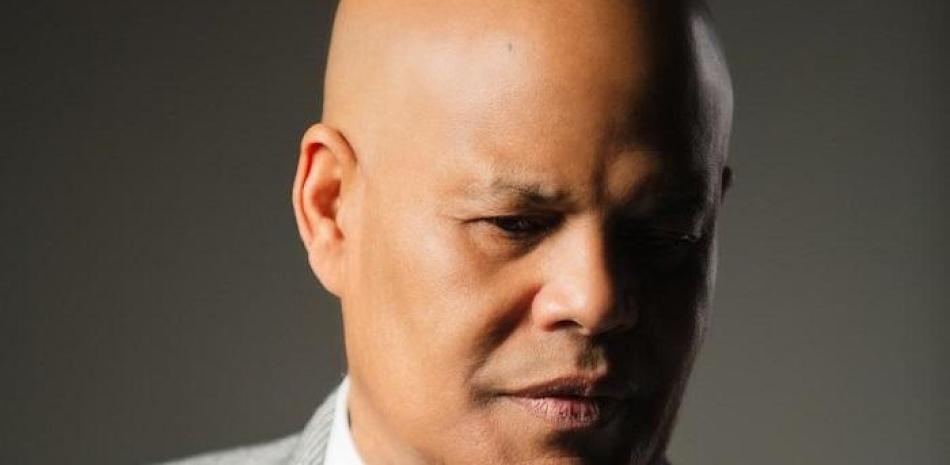In the early hours of Tuesday, April 8, 2025, the vibrant atmosphere of Jet Set discotheque in Santo Domingo transformed into a scene of chaos and tragedy. A catastrophic collapse of the club’s ceiling during a live performance led to the untimely death of beloved merengue star Rubby Pérez, leaving a significant mark on the Dominican cultural landscape.
The Event That Shook a Nation
The extraordinary night intended for celebration took a devastating turn as hundreds gathered to enjoy the music of Pérez, who was well-known for hits such as “Tú vas a volar” and “15.500 Noches.” Witnesses reported that the ceiling suddenly collapsed around 12:44 AM local time, trapping many under rubble. Initial rescue efforts began immediately, sparking a frantic search for survivors among the debris.
A Life and Career Cut Short
Rubby Pérez, whose full name was Roberto Antonio Pérez Herrera, had a storied career in merengue spanning several decades. Born on March 8, 1956, in Haina, the 69-year-old musician was celebrated as “the highest voice of merengue.” His rise to prominence began after a life-altering incident at age 15 that redirected him from dreams of baseball to a musical path. His journey was characterized by resilience and talent, as he made a name for himself in a genre that resonates deeply with Dominican culture.
Pérez’s career was marked by his collaborations with numerous artists, further solidifying his legacy within the Latin music scene. His recent work included the promotion of his latest single, “No voy a llorar,” and various scheduled concerts in the United States.
Casualties and Impact on the Community
As news of Pérez’s death spread, so did the reports of casualties from the event. Initial local media reports indicated at least 58 fatalities, along with over 160 injuries. Among those participating in the concert were multiple prominent figures from various sectors, including politics and sports. Notable casualties included Nelsy Cruz, a local governor, and former MLB player Octavio Dotel.
President Luis Abinader visited the site, emphasizing the urgent need to save lives as emergency services worked tirelessly in rescue operations. The community came together, as friends and family members of victims gathered, anxious for news about their loved ones.
Rescue Efforts and Community Response
Rescue teams, including specialized units from the military and firefighters, employed advanced technology such as thermal cameras to locate trapped individuals. Despite the grueling circumstances, the hope for finding survivors persisted among rescue workers and families, who clung to the possibility of miracles amidst the ruins.
“While there is hope for life, we will continue our efforts to rescue those trapped,” stated General Juan Manuel Méndez, head of emergency operations.
The Jet Set discotheque, a popular venue boasting 50 years of history, was previously remodeled several times, with the last renovation occurring in 2015. The establishment was not only a nightlife hub but also a cultural landmark, often hosting events attended by local celebrities and politicians.
The Aftermath: Coping with Loss
In the days following the tragedy, the nation mourned profoundly. Social media was flooded with tributes to Rubby Pérez, celebrating his influence in merengue music and expressing sorrow over the loss of life in the incident. Candlelight vigils and memorials emerged across the country, demonstrating the collective grief of the community.
The local government sought to provide support for victims’ families and facilitated discussions regarding the incident’s circumstances. Questions around building safety standards, emergency preparedness, and the club’s ability to accommodate large crowds were raised, reflecting a wide-spread concern for public safety in recreational spaces.
Looking Ahead: A Call for Change
The Jet Set tragedy serves as a wake-up call for the Dominican Republic, prompting calls for stricter regulations concerning public safety at entertainment venues. As investigations continue into the collapse’s causes, there is a growing consensus about the need for enhanced building codes and better crowd management protocols to prevent similar disasters.
This incident may act as a pivotal moment for change, as communities rally together to ensure that entertainment venues are safe havens for cultural expression, rather than sites of despair.
As the Dominican Republic moves forward from this disaster, the memory of Rubby Pérez will undoubtedly continue to resonate. His contributions to merengue and his enduring spirit live on through the melodies that bring people together, reminding us of the importance of life, joy, and remembrance.

